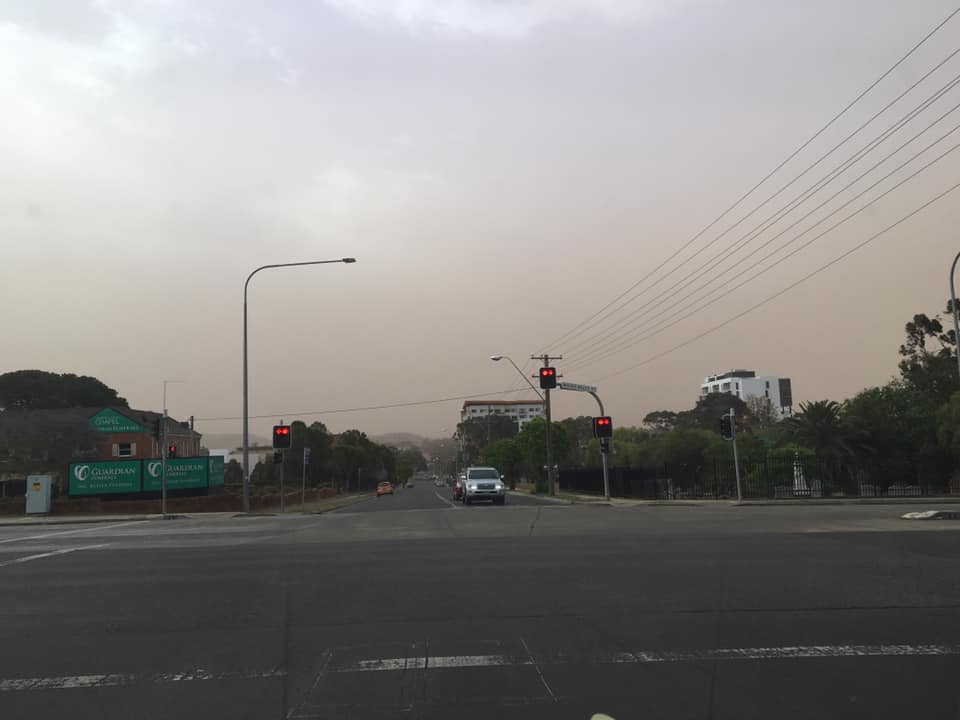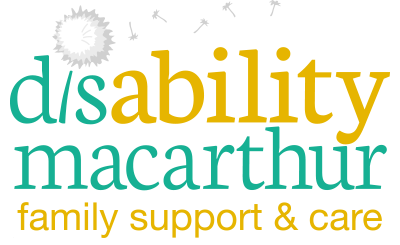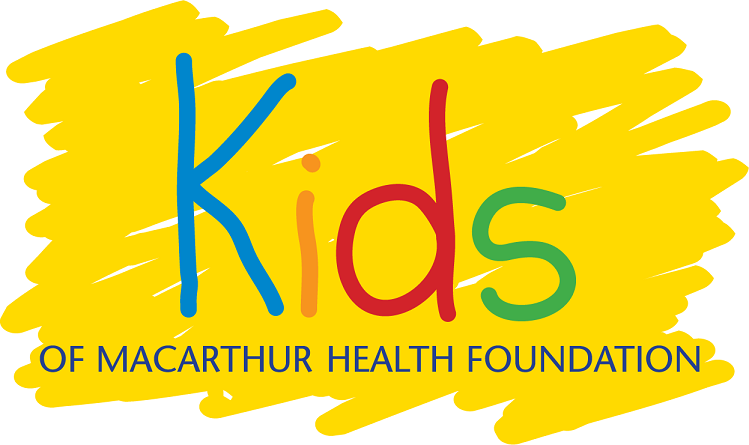
NSW Health is reminding people to once again be vigilant about their health, with smoke from many fires continuing to blanket the Sydney metropolitan area.
The South Western Sydney Local Health District public health unit director, Dr Naru Paul, said the fire emergency engulfing many parts of the State means the smoke that has affected so many communities shows no sign of lifting in the near future.
Presentations to emergency departments and calls for NSW Ambulance assistance for asthma or breathing problems continue to be higher than normal for a third straight week across NSW.
Over the last week, there have been around 1,140 presentations, about 25 per cent more than the usual weekly average of around 900.
The largest increases have been in South Western Sydney Local Health District, which serves the region particularly affected by smoke over the last week.
NSW Ambulance has fielded around 2,330 calls in the same period, around 30 per cent more than the average for the week of 1780.
“These numbers show the smoke continues to have an impact on people’s health and reinforces the need for people to take steps to reduce their exposure,” Dr Pal said.
For most people, smoke causes mild symptoms like sore eyes, nose and throat. However, people with conditions like asthma, emphysema and angina are at greater risk because the smoke can trigger their symptoms.
“NSW Health continues to recommend that people with these conditions should avoid outdoor physical activity when there’s smoke around,” Dr Pal said.
With more and more people starting to wear a variety of face masks, it is important to consider the evidence, he said.
“The main concern with smoke is the very fine PM2.5 particles, which are so small they pass through most types of mask.
“A P2 mask does filter out these particles, but is only effective if there is a good fit and an air-tight seal around the mouth and nose.
“Evidence shows that this is difficult to achieve in practice, so they may not provide the benefit people are hoping for.”
In case of emergency always remember to dial Triple Zero.
More information is available online at: http://www.health.nsw.gov.au/environment/factsheets/Pages/bushfire –smoke.aspx



